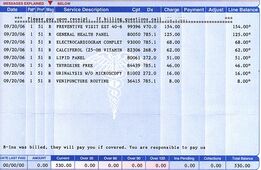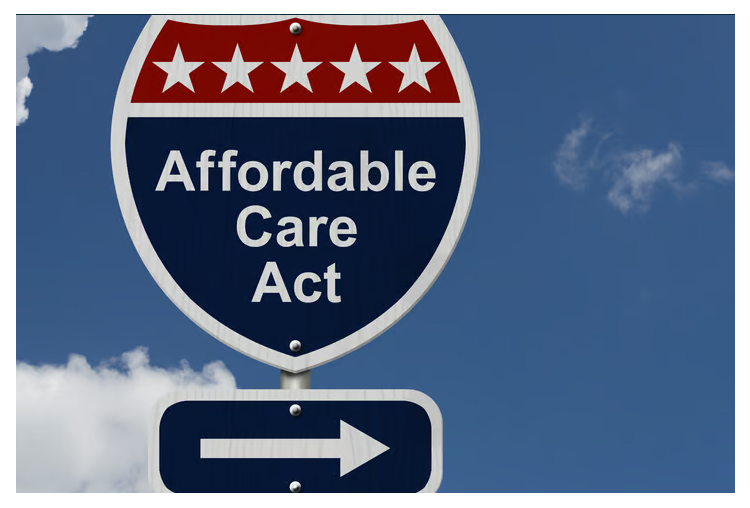 A survey reveals patients' experiences with challenging a bill with their physician, hospital, or insurance company. Over 2,000 Americans were polled between March 9-14, 2022, including 179 adults with employer-sponsored high-deductible health plans, to gauge patient experience with disputed medical bills. Nearly two-thirds of respondents (64%) reported having never challenged the validity or accuracy of a bill with their physician, hospital, or health insurance company. That figure shot up to 78% for uninsured individuals, while those with high-deductible health plans (45%) and Medicare Advantage (43%) were more likely to contend bills. "Despite all the negative experiences many patients have with getting surprise bills, we've been conditioned not to question or challenge medical bills we receive," said Amy Raymond, VP of revenue cycle operations at AKASA. "While providers need to take a close look at their revenue cycle department to prevent those billing mistakes in the first place, we also need to drive awareness among consumers that they can indeed push back on a bill that is simply incorrect." Of the respondents who had challenged a bill, 78% reported getting charges reduced or removed. However, the time it took to resolve the disputed bill varied, sometimes taking longer than half a year. More than a quarter of respondents (27%) said it took one to three months, while 18% said it took three to six months and 16% said it took more than six months. For providers and revenue cycle departments, ensuring the billing experience is as smooth as possible for patients can pay dividends. According to a recent survey of 1,000 patients by RevSpring, 56% of respondents said they would likely switch providers if they had a poor billing experiencing, which was especially true for patients aged 18 to 26 (74%). Patients value personalization and consistency, which means getting the bill right the first time. Jay Asser is an associate editor for HealthLeaders.
0 Comments
Patients are likely to avoid preventive care should ACA coverage ruling stand, survey finds3/14/2023
In addition, 58% said they would be unwilling to pay for weight loss measures to address health risks tied to obesity, and 53% said they would not pay for depression screenings.
Fifty-two percent said they would not pay for HIV screenings if their insurance no longer covered them.About a quarter (23%) of those surveyed said preventive care is one of the most important services for health plans to over. A group of health policy strategists wrote in The New England Journal of Medicine that caution is needed when considering whether Medicare should cover obesity drugs such as Novo Nordisk's Wegovy, which have shown a high level of effectiveness in helping people lose weight. They point out that there would be a significant cost burden for Medicare, which likely would lead to premium hikes, and they also note that the drugs may offer a less desirable risk-benefit balance for older people than for other age groups. Read the full story in STAT
|
ArchivesCategories |
ServicesCompany |
Support |
“We do not offer every plan available in your area. Any information we provide is limited to those plans we do offer in your area. Please contact Medicare.gov or 1-800-MEDICARE to get information on all of your options.” |
© COPYRIGHT 2023 ALL RIGHTS RESERVED.


 RSS Feed
RSS Feed
